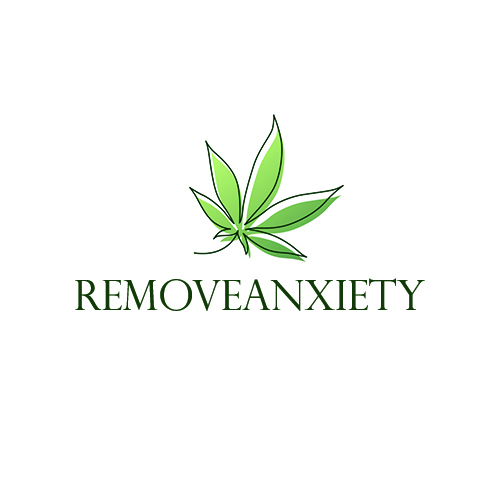About Me
About Me
My name is Carl im 38 years old, About a year ago I had a panic attack and I got through it by meditating and doing sports, follow my bog where I share everything I have experienced and I learned to my journey.
Mindfulness meditation has proven effective in preventing depressive relapse. Would it have a place in the treatment of a generalized anxiety disorder? Many studies have shown that this form of meditation derived from Buddhism reduces the symptoms of anxiety in people with an anxiety disorder, as in those who are “only” stressed. “It allows not to get carried away by the flow of thoughts, to focus on what is there,. In case of generalized anxiety disorder, it cannot be the only therapeutic intervention,”.
Physical activity leads to biochemical changes in the body: muscle activity triggers chain reactions that influence cerebral neurochemistry. This partly explains the changes in behavior related to sports, including the reduction of anxiety. The effects of physical activity stem from various mechanisms: action on neuromediator metabolism, endocrine action, action on cerebral blood flow, action on cerebral neurogenesis and endorphin action.
After half an hour of practicing a sport activity of moderate intensity to sustained (50 to 70% of the reserve heart rate), mainly an endurance activity such as jogging, swimming, cycling , cross-country skiing, cardio training …, the body secretes a substance called endorphin. Endorphin, dubbed the happiness hormone has characteristics close to opium. By its analgesic effect, it suppresses or reduces muscle or tendon pain. Endorphin also has an anxiolytic action, it reduces negative emotions, significantly reduces stress. She is also responsible for what athletes call “second-breath”. It is a state of euphoria caused by the submergence of the body by endorphin. The athlete has an impression of floating, lightness, harmony, power … This state of well-being, which some describe as a state of grace sometimes lasts several hours after stopping the effort.
When you sleep at night, your blood pressure naturally dips by about 10 to 20 percent. That reduction is good for your heart, and may be one way that your body restores itself when you sleep. Some people with sleep apnea don’t experience this nighttime drop in blood pressure, and, in general, it’s linked with lower sleep quality. An early morning sweat session may provide the ideal blood pressure reduction, as well as maximize deep sleep, compared with midday or evening workouts.
Lifting weights at different times of day doesn’t seem to affect nighttime blood pressure or the amount of time spent in different sleep stages. But there are a couple of key differences. Those who pump iron in the a.m. tend to fall asleep faster than those who work out later in the day. And those who prefer to do their bench presses or bicep curls at night wake up less frequently during the night and sleep better overall, compared with people who work out earlier in the day. The bottom line: Grab those weights whenever it works best for your day, and you’ll snooze better for it.
